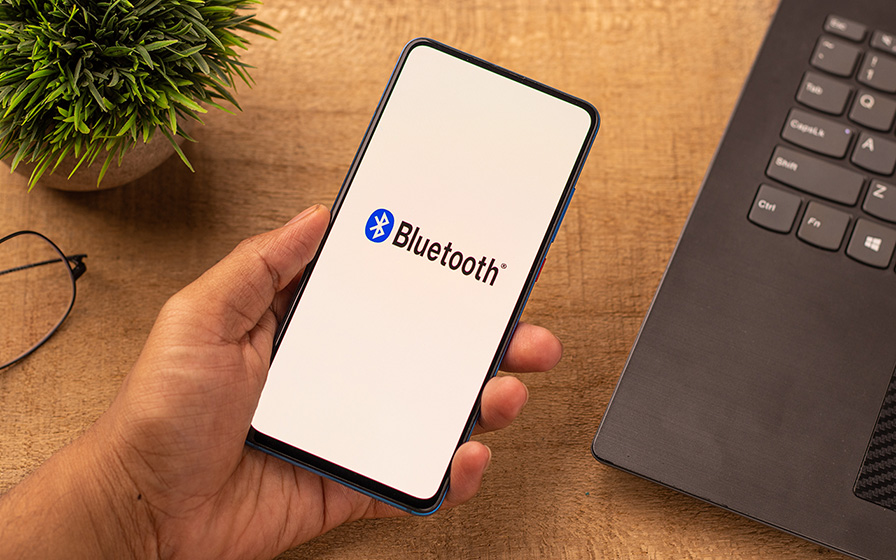Days After Google, Apple Reveals Exploited Zero-Day in Browser Engine
Apple has patched an actively exploited zero-day bug in its WebKit browser engine for Safari.
The bug, assigned as CVE-2024-23222, stems from a type confusion error, which basically is what happens when an application incorrectly assumes the input it receives is of a certain type without actually validating — or incorrectly validating — that to be the case.
Actively Exploited
Apple yesterday described the vulnerability as something an attacker could exploit to execute arbitrary code on affected systems. “Apple is aware of a report that this issue may have been exploited,” the company’s advisory noted, without offering any further details.
The company has released updated versions of iOS, iPadOS, macOS, iPadOS, and tvOS with additional validation checks to address the vulnerability.
CVE-2024-23222 is the first zero-day vulnerability that Apple has disclosed in WebKit in 2024. Last year, the company disclosed a total of 11 zero-day bugs in the technology — its most ever in a single calendar year. Since 2021, Apple has disclosed a total of 22 WebKit zero-day bugs, highlighting the growing interest in the browser from both researchers and attackers.
In parallel, Apple’s disclosure of the new WebKit zero-day follows on Google’s disclosure last week of a zero-day in Chrome. It marks at least the third time in recent months where both vendors have disclosed zero-days in their respective browsers in close proximity to each other. The trend suggests that researchers and attackers are probing almost equally for flaws in both technologies, likely because Chrome and Safari are also the most widely used browsers.
The Spying Threat
Apple has not disclosed the nature of the exploit activity targeting the newly disclosed zero-day bug. But researchers have reported seeing commercial spyware vendors abusing some of the company’s more recent ones, to drop surveillance software on iPhones of target subjects.
In September 2023, Toronto University’s Citizen Lab warned Apple about two no-click zero-day vulnerabilities in iOS that a vendor of surveillance software had exploited to drop the Predator spyware tool on an iPhone belonging to an employee at a Washington, D.C.-based organization. The same month,…



